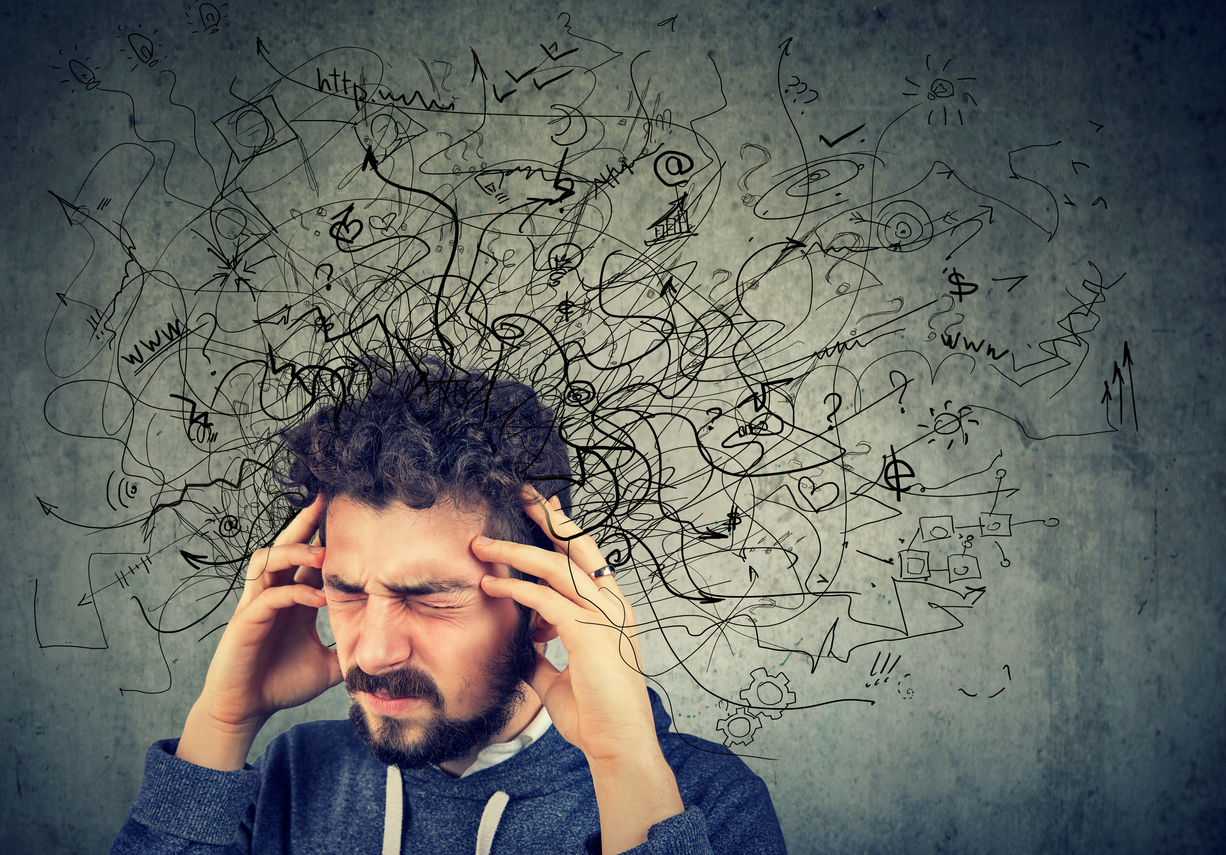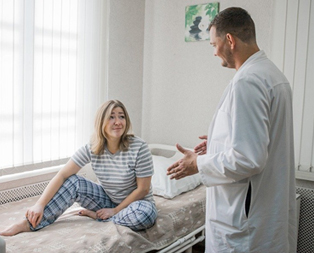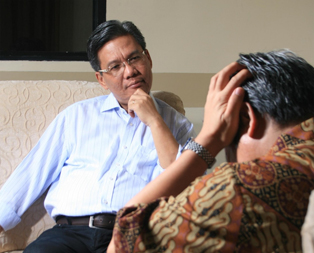
Anxiety is a universal feeling and is something we can all relate to at one time or another. Anxiety is the pit in your stomach that you feel the night before a big exam or it can be those shaky legs you experience just before giving a presentation. Anxiety is unavoidable and designed for our survival and protection. If we didn’t have a certain amount of anxiety, we wouldn’t bother to look both ways before crossing the street. But since we are wired to be concerned about not being hit by a bus, we continue to look both ways before stepping into oncoming traffic.
Most symptoms of anxiety are time limited and situational. However, some people seem to have a disproportionate amount of anxiety that interferes with their quality of life. There are many different types of symptoms and no two people experience anxiety in the exact same way. Anxiety symptoms can surface in feelings, thoughts, or physical symptoms.
Anxious Feelings: For some people, anxiety shows up in how they are feeling. Maybe it’s a sudden feeling of panic that comes out of nowhere, or an overall feeling of nervousness, fear, or constant worrying. Others report that they feel a sense that something bad is about to happen. Other anxiety feelings include the feeling of being “on edge,” tense, or unable to relax.
Anxious Thoughts: Sometimes anxiety symptoms are more focused on thinking. Having a difficult time staying on task or concentrating is one example. Other anxiety thought symptoms include fears of looking foolish, fears of being alone or abandoned, fears that you are going “crazy,” or fears of being criticized/judged by others. Being “stuck in your head” and unable to calm the thoughts is a good way to summarize anxious thinking.
Physical Symptoms: Anxiety can be downright scary when the symptoms take on bodily sensations. Some people have many physical symptoms and do not realize that what they are experiencing is anxiety. Having a racing heart or feeling your heart pounding is one such example. Others include: having tight tense muscles, feeling dizzy or lightheaded, sweating when it’s not hot, restlessness or jumpiness, and/or becoming easily tired, weak, or exhausted.
Whether you are experiencing symptoms of anxiety in feelings, thoughts, physical symptoms, or all of the above, the good news is anxiety is treatable and manageable. As a therapist who regularly works with individuals seeking treatment for anxiety, we will work together to figure out where it is coming from and how to find relief.





